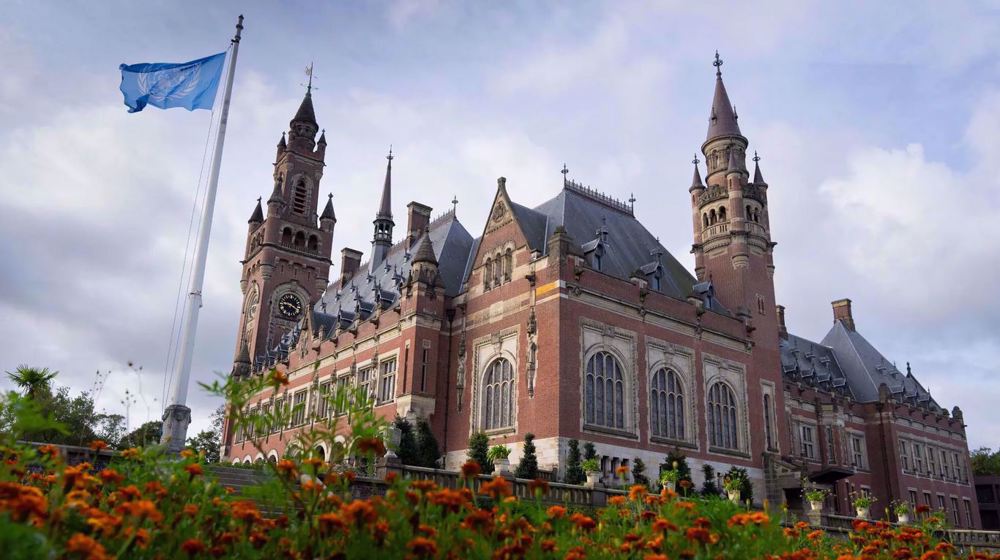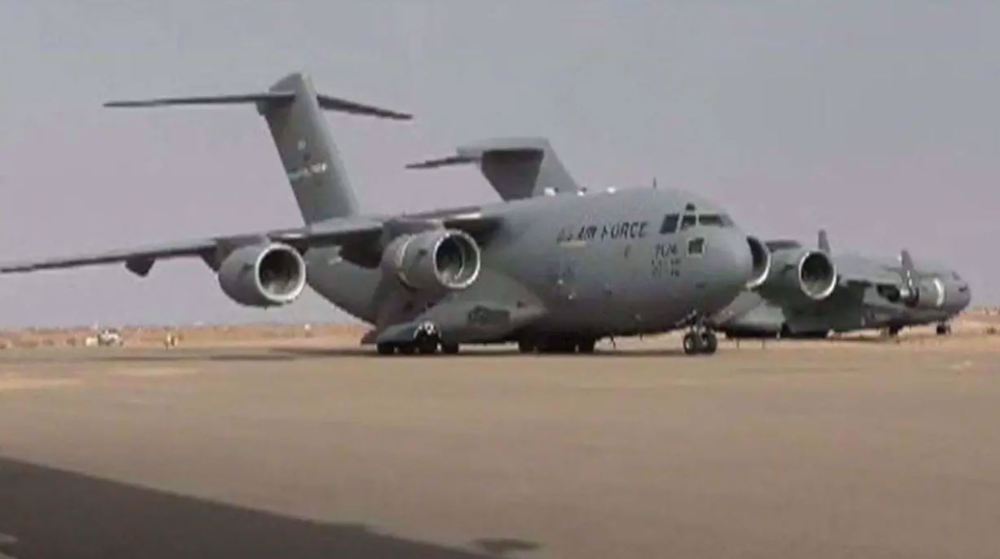Adama Barrow lands in Senegal amid political crisis in Gambia
Gambia’s opposition leader Adama Barrow, who was declared the winner of the December presidential election, has landed in neighboring Senegal, where he will remain until his planned inauguration this week.
Senegal’s APS agency, citing an unnamed official, said on Sunday that Senegalese President Macky Sall had accepted a request to host Barrow in the capital, Dakar, "until his inauguration."
The source added that Barrow’s arrival was made possible following an agreement with leaders from the Economic Community of West African States (ECOWAS).
"Barrow is in Dakar as of Sunday, just after midnight," the official said, adding, "The Senegalese president accepted the request of his Liberian counterpart Ellen Johnson Sirleaf, the current ECOWAS president."
Meanwhile, a source in the Senegalese presidency confirmed that Barrow was in Dakar following consultations with heads of state from ECOWAS at a Bamako summit in Mali.
The Gambia's presidential crisis was at the heart of conversation at the 27th Africa-France summit in Bamako, which brought together the leaders of at least 30 countries to discuss security and development issues, as well as ways to reduce the exodus of refugees to Europe.
Barrow arrived in Bamako on Friday after holding talks in the Gambian city of Banjul with Nigerian President Muhammadu Buhari and Liberian leader Ellen Johnson Sirleaf. His participation in the Africa-France summit was a sign of his recognition as the legitimate ruler of the Gambia.

ECOWAS, a 15-nation regional bloc, has repeatedly called on Gambian President Yahya Jammeh to hand over power when his five-year mandate ends on January 19. Jammeh has a constitutional right to remain in office until his term ends.
Jammeh had initially accepted the results of the December 1, 2016 election, in which Barrow was declared the winner, but later reversed his position and lodged a complaint at the Supreme Court over election irregularities.
Several countries and the United Nations Security Council have called for a peaceful transition of power in the Gambia.
In the meantime, the possibility of military intervention in the Gambia gained strength after the United Nations and the African Union both called on Jammeh to accept the result of the vote and leave after 22 years in power.
Jammeh seized power in a military coup in 1994 and has been in power ever since. He has long been under fire by human rights groups, who accuse him of torturing, imprisoning, or even sometimes killing his opponents.
Diplomat discourages recourse to pressure, intimidation, confrontation against Iran
UN: 2024 deadliest year for aid workers amid genocide in Gaza
Gaza health official warns of hospital shutdowns within 48 hours
Israel kills 5 more paramedics in southern Lebanon: Health ministry
Iran to launch ‘new, advanced’ centrifuges in response to IAEA resolution: AEOI
Yemen fires hypersonic missile at Israeli airbase
VIDEO | New Delhi chokes under toxic smog as air quality remains at hazardous levels
VIDEO | Press TV's news headlines













 This makes it easy to access the Press TV website
This makes it easy to access the Press TV website